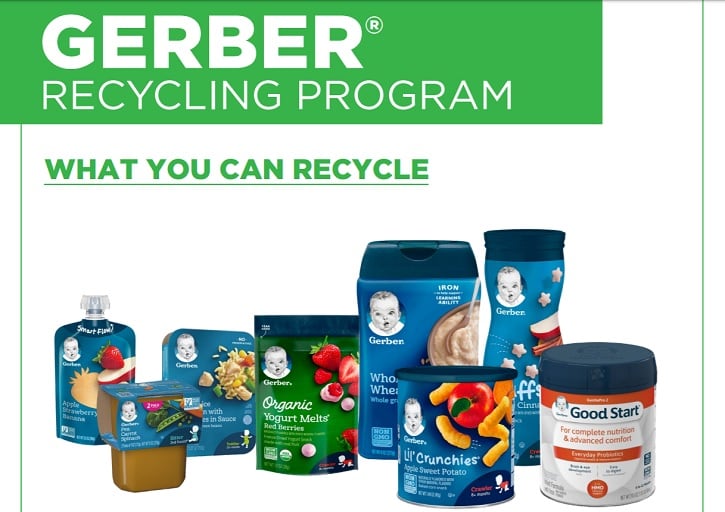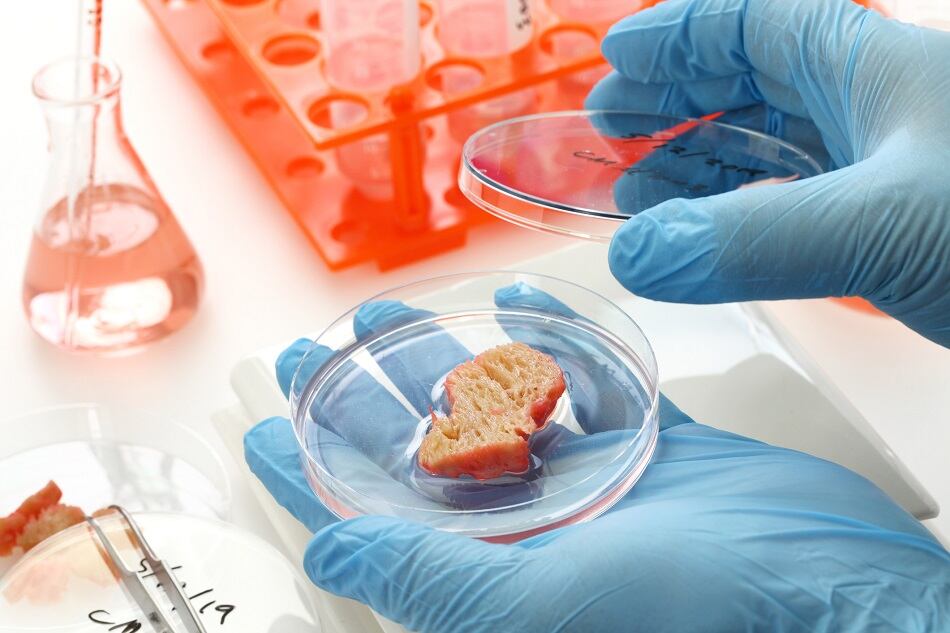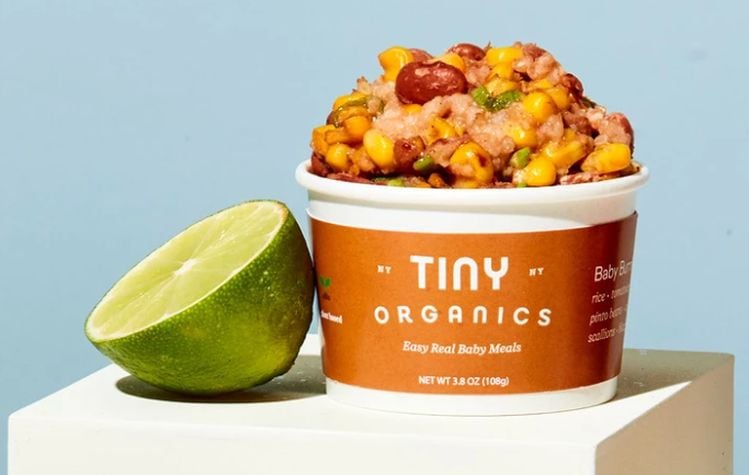“As a global leader in the baby food industry and as a business that was founded on the ambition to ensure that all babies get off to the best start in life, we have looked at consumer trends and opportunities to improve babies’ lives around the world and we really see an opportunity in the area of sustainability. That is why we partnered with TerraCycle, the global leader in recycling, to ensure we can eliminate waste within the category,” Gerber President and CEO Bill Partyka told FoodNavigator-USA.
He explained that while 80% of the company’s packaging is recyclable at the municipal level, the remaining 20% is not -- in part because the municipal waste streams have not been invested in for decades to accommodate certain materials.
But, he added, “in working with the TerraCycle team, one of the interesting insights that they provided me is everything is recyclable. Every material. Even the difficult to recycle materials are actually recyclable. But the reason that some local waste streams don’t recycle them is the technology, for various reasons, hasn’t become commercially viable” at the local level.
In these cases, Partyka said, Gerber is giving consumers nationwide who register on Gerber’s Recycling Program page prepaid shipping labels to send flexible or rigid plastic packaging, shrink labels, plastic containers, plastic lids and flexible plastic pouches to be recycled by TerraCycle.
“This is a call to action for all consumers to send in the 20% of materials that are considered hard-to-recycle … to be reused or repurposed for other uses within the industry,” Partyka said.
Recognizing that the extra step of printing a pre-paid label and mailing recyclables will still be a hurdle for many busy caretakers, Gerber is donating $1 per pound of recyclable materials sent to the company to a charity of consumers’ choice through its TerraCycle points program.
Beyond boosting the recyclability of its packaging, Gerber is also reducing the amount of single use packaging it creates.
“We have been on a long journey on packaging … and along the way we continue to evaluate the portfolio that we market [to reduce packaging] in the marketplace,” Partyka said. “One example, this year alone, we have reduced about 6 million pounds of packaging out of our value chain by converting our infant formula products [from plastic tubs] to tin cans, and by removing plastics in a number of our baby food products that weren’t delivering any significant consumer value. So, we go the win-win. The consumer wasn’t seeing a value and we were able to pull plastic out of the waste stream.”
New solutions & products on the horizon
The company also is exploring “a number of enabling technologies that are being validated as we speak” to replace or manage difficult-to-recycle packaging “in short order,” Partyka said.
The brand also is looking at how emerging consumer preferences for natural and fresh products could further reduce its reliance on plastic and packaging in general.
“I think there is a nice consumer space to deliver premium solutions to the marketplace around naturality that are not relying on materials like single-use packages,” he said, noting as an example “some interesting subscription models that are being tested right now” will allow parents to assemble fresh prepared meals. In addition, he said, Gerber is "incubating" other direct-to-consumer models.
A three-prong approach to sustainability
Gerber’s efforts to reduce and recycle packaging is part of the brand’s broader efforts to improve its sustainability, which Partyka said is “one of the top three priority pillars we have within our multi-year business strategy, so it is being resourced as a top priority.”
The other two pillars of its sustainability mission including responsible agriculture and responsible supply chain.
“We spend a lot of time working with local American farmers to ensure that we engage in agriculture in a sustainable way, including choosing the best soil to the seeds, how products are grown and harvested and how they are prepared in our factories,” Partyka said.
“Secondly, we have spent a lot of effort on our supply chain, and this has been an operation for a number of decades where we try to reduce fossil fuel and waste across our entire manufacturing footprint,” he added.
Reflecting on the company’s efforts in these three areas and the overall “interesting dynamism in the category,” Partyka predicts “five years from now the baby food category will be very different than it is today.”




